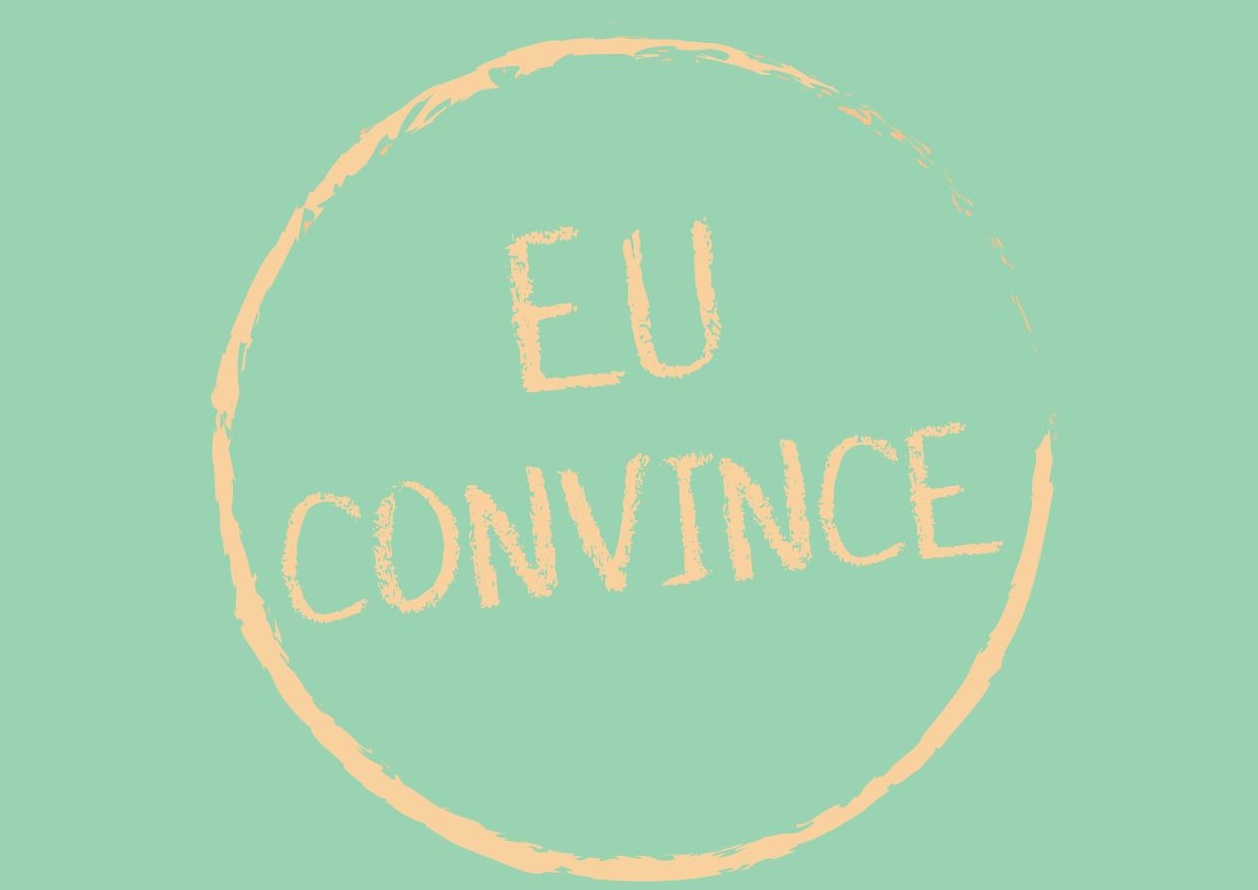New ETUCE project kick-off on Citizenship Education and EU common values – EU CONVINCE
Published:
ETUCE is pleased to announce the launch of a new EU project entitled “CONVINCE – EU COmmoN Values INClusive Education”. The project, co-funded by the Directorate-General Education of the European Commission, will run from 2018 to 2020. The project will be a direct answer to the current challenges and opportunities of multiculturalism, diversity and social inclusion. The new two-year EU project is aimed at providing teachers, educators and the whole school community with tools and methods to better deal with Citizenship related issues both in the classroom and in extra-curricular activities. The project is to be overseen by an advisory group, coordinated by ETUCE and composed by four ETUCE member organisations: ZNP (Poland); SNES (France)’ FLC-CGiL (Italy) and GEW (Germany); the European Federation of Education Employers EFEE (Belgium/EU); the European School Heads Association (The Netherlands/EU); along a teacher training institute, the School for Lifelong Learning and Education of the Waterford of Institute of Technology (Ireland).
The project is related to the Working Group on promoting citizenship and the common values of freedom, tolerance and non-discrimination through education ET2020 of the European Commission, which some of the partners are members of.
Through a research survey on challenges, and on existing and innovative practices and policies regarding teaching techniques and approaches on Citizenship education, as well as a series of training workshops, those successful and innovative best practices and insights will feed into content the MOOC – a Massive Open Online Course, with the ultimate view to providing hands-on tips and practical recommendations to teachers, education employers, school leaders and the broader teaching community on how to better tackle Citizenship related issues. These activities will be complemented by a joint statement on Citizenship education and a concept note on how a network of inclusive schools should look like. All the outcomes are to be disseminated and showcased at a closing conference to be held in Poland in late-2019.
The project aims to cover mainly the following issues:
- Civic education and democratic-school culture;
- Teaching in multicultural learning contexts for intercultural dialogue;
- Teaching controversial and sensitive issues;
- E-safety issues: Misinformation, digital responsibility and ICT critical-thinking;
- School-leadership and ‘the whole school approach’;
- Inclusive education as a tool to prevent violent radicalisation and extremism.
“The promotion of Citizenship and Education for democracy is fundamental for social inclusion”, said Susan Flocken, ETUCE European Director, “Teachers, school leaders and education employers should cooperate together to foster democratic school cultures. Appropriate teacher training and support is key”, she continued. Civic education is a powerful tool to enhance social, civic and intercultural competences and to spread principles of critical-thinking, mutual understanding and respect towards the young people, especially to those at risk of marginalization and social exclusion. Schools should be inclusive and open learning environments for all”.
To see the dedicated webpage for the project, please click here.